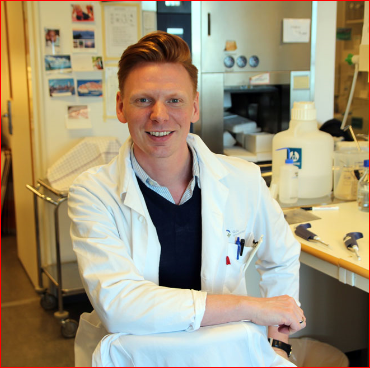Human serum albumin is the most abundant protein in human blood plasma. It is produced in the liver. Albumin constitutes about half of the blood serum protein. It is soluble and monomeric. Albumin transports hormones, fatty acids, and other compounds, buffers pH, and maintains osmotic pressure, among other functions. Albumin is synthesized in the liver as preproalbumin, which has an N-terminal peptide that is removed before the nascent protein is released from the rough endoplasmic reticulum. The product, proalbumin, is in turn cleaved in the Golgi vesicles to produce the secreted albumin.
The albumin concentrations in serum is approximately 35 - 50 g/L (3.5 - 5.0 g/dL). It has a serum half-life of approximately 20 days, and a untagged molecular mass of 66.5 kDa.

